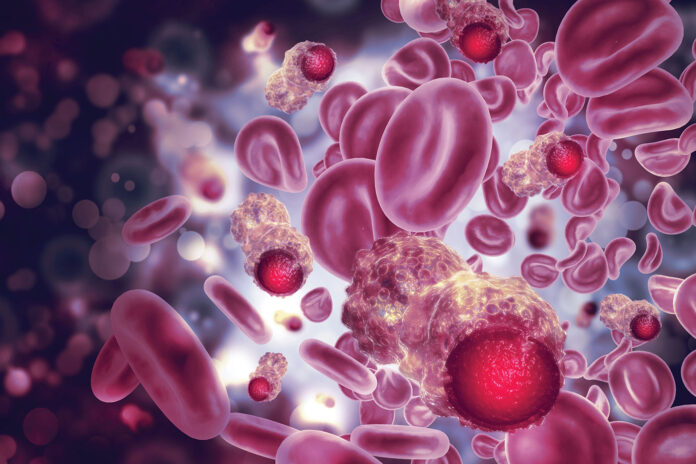
A single protein could be the key to improving the success rate of radiation therapy, which most cancer patients receive, but often fails, and can have serious side effects. Inhibiting the protein YTHDF2 (or Y2) can improve results from radiation alone or when it is combined with immunotherapy. Such treatment also prevents progression of metastasis at distant sites, according to new research from researchers at University of Chicago and collaborators.
The study was published May 25 in Cancer Cell.
Y2 has been shown to suppress the immune response following radiotherapy. “Our results suggest we could diminish immunosuppression, which might make the treatments more effective,” senior author of the study Ralph Weichselbaum, MD, told Inside Precision Medicine.
He added “I think these findings could alter radiotherapy practice.” Weichselbaum is professor and chair of Radiation and Cellular Oncology at the University Chicago.
The main problem with radiation plus immunotherapy, he said, is when “ There is not enough immune activation by radiation or there is immunosuppression or both.”
Y2, he explained, could play an important role both as a treatment target and as a biomarker. Patients could be screened following an initial radiation treatment, for example, and if they have high levels of Y2-producing immune cells, they could be given a drug to limit its effects. The researchers have already developed a candidate drug for this use.
“We not only have a biomarker, but we also have a strategy for intervention based on collaborations with our partners in the Department of Chemistry and the Physical Sciences Division at UChicago,” Weichselbaum said.
Radiation stimulates positive immune effects, such as production of more antigen-presenting cells and CD8+ T cells. But it also has negative effects that dampen the anti-tumor immune response. Myeloid-derived suppressor cells (MDSCs), for example, migrate to the tumor site and inhibit the anti-tumor immune response by blocking CD8+ T cells. This influx of MDSCs can also interfere with immunotherapy.
Weichselbaum and Chuan He, PhD, professor of Chemistry and co-author of the new study, analyzed the results of two clinical cancer trials conducted by Steven Chmura, MD, PhD, rofessor of Radiation and Cellular Oncology and his colleagues. They found that following radiation, when the patients’ levels of MDSCs went up, they had adverse outcomes. The MDSCs also overexpressed Y2 following radiotherapy.
Genetic and epigenetic analysis demonstrated that Y2 induction activated the MDSCs’ migratory and immune suppressive functions in the tumor, as well as throughout the body. In many cases, these abundant, Y2-expressing cells also seemed to make distant metastasis progress after local radiation.
The team worked with mouse models that had the Y2 gene knocked out in MDSCs. When these mice were given radiation for local tumors, the treatment was more effective and prevented distant tumor metastasis. In these knockout models, MDSCs were also limited in their ability to migrate into tumors and suppress immune response.
Working with colleagues from the Chinese Academy of Sciences, the team also identified a small molecule called DC-Y13 that blocks Y2, replicating the effect of the gene knockouts. When given to mice, this drug also improved responses to radiotherapy and immune therapy.
“What you see is that radiation works much better on local tumors, and it also seemed to suppress the development of distant metastasis,” Weichselbaum said. “So, there was a twofold bang for our buck, so to speak.”













